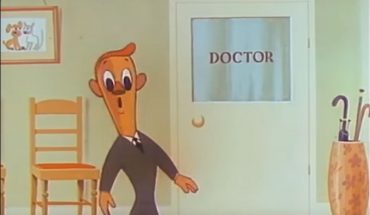The days when Sir Lancelot Spratt and his ilk of paternal Greats in NHS hospitals flirted with nurses and shouted at Junior Housemen are long gone. The male/female divide between doctors and nurses is a thing of the past.
There are more women than men training to be medics in medical schools and women are even dominating in traditional male bastions like surgery. In fact one of the Southern England training regions has just taken on a cohort of higher surgical trainees which is 100 per cent female.
This feminisation of medicine has been welcomed by many – not least because women tend to be better communicators than taciturn males and have an easier bedside manner with patients. But this feminisation of medicine is having some very serious consequences for Jeremy Hunt and the Government.
The bitterness of the recent contract dispute was not driven by money but much more by the appalled realisation among many junior doctors that their family lives were about to go down the proverbial spout. These days, around 35 per cent of doctors marry other doctors – not surprising since their lives of shift work means that romance outside the profession is difficult. We also tend to like people who share our rather black sense of humour – a necessity in the business of life and death.
But think what seven day working week means for those female doctors? Any children of the union would be abandoned during weekends when both partners would be obliged to work. Perhaps 20 years ago, women would have been prepared to make the sacrifice, but I think women today want to be able to choose to have families and have a meaningful career. The NHS is not the only choice for these skilled women either. In general practice 40 per cent of women are working part time or have left the profession.
The number of junior doctors of both genders seeking paperwork to practice abroad – sunny Australia is keen to recruit – has soared since Hunt imposed his contract on them, despite their fierce, almost unanimous opposition. I have known many excellent clinicians both men and women and they have all shown exactly the same passion and commitment to their practice. Of the older generation there is no doubt that my female colleagues had to make significant sacrifices with regards to family life in order to fit into a profession that had been designed around the habits of men. But women who are entering medicine now are not prepared to abandon their dream of a family life.
The government might wish it could have back a workforce of mostly male doctors who continue to work till they drop but that generation has gone. Doctors today have grown up in the society where balance and compromise are a way of life and they won’t be pushed around by this government so easily.
- The Junior doctors strike – It’s a woman’s thing! - 24th February 2016






